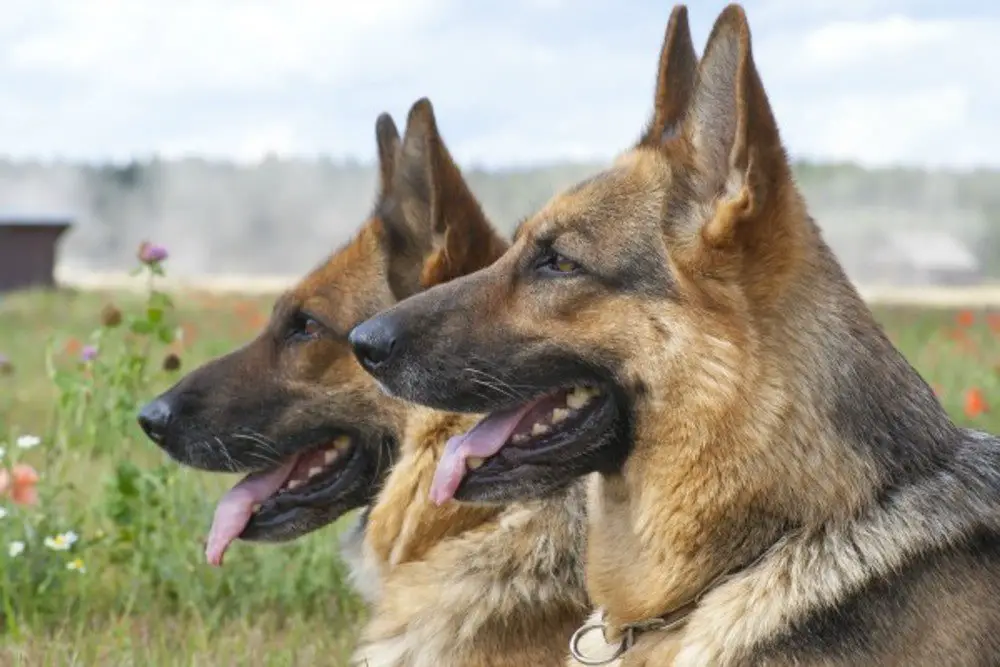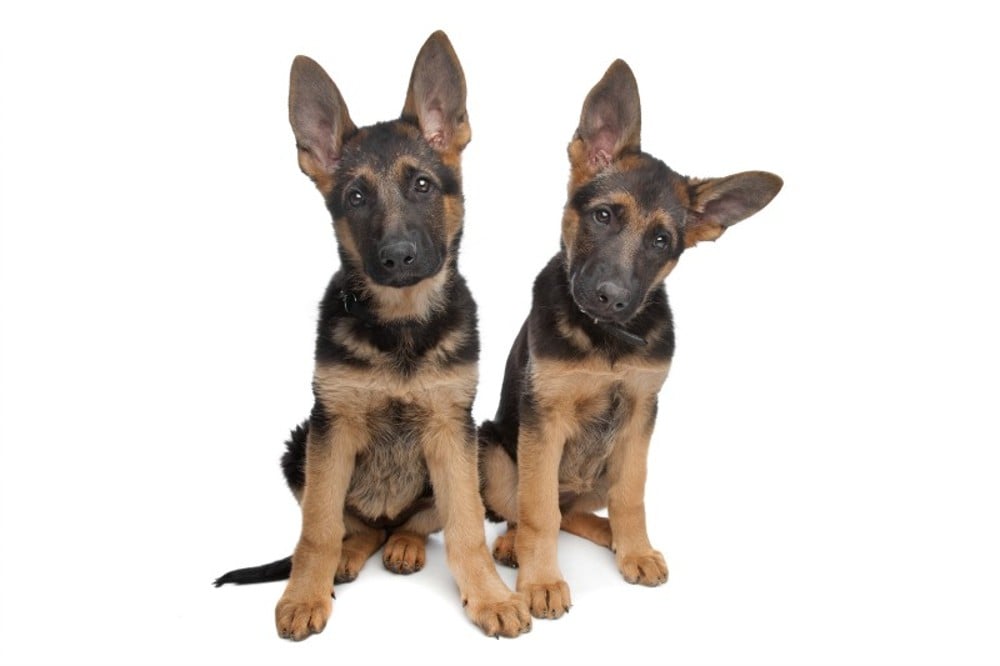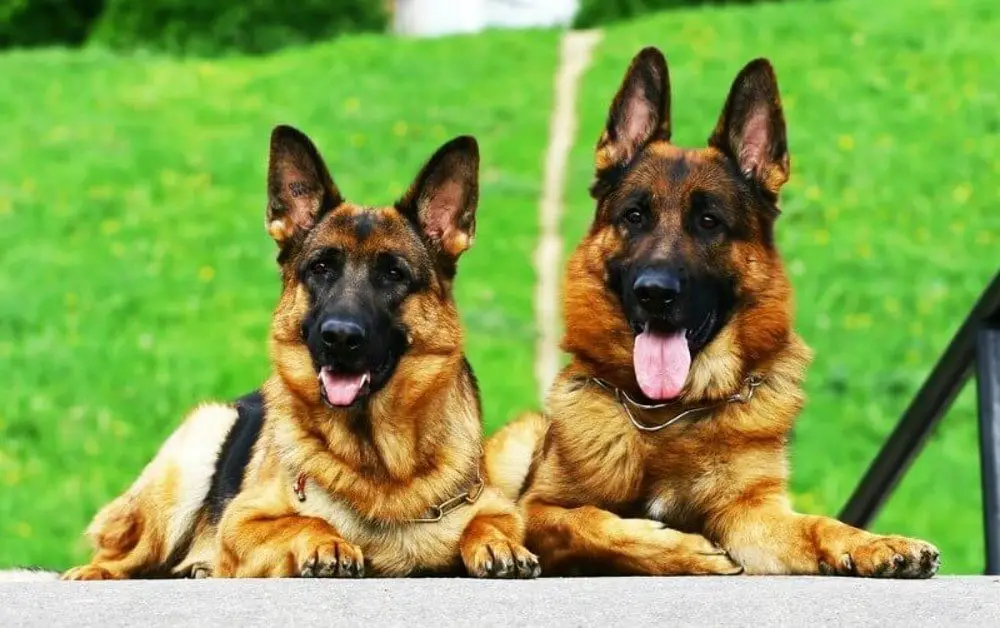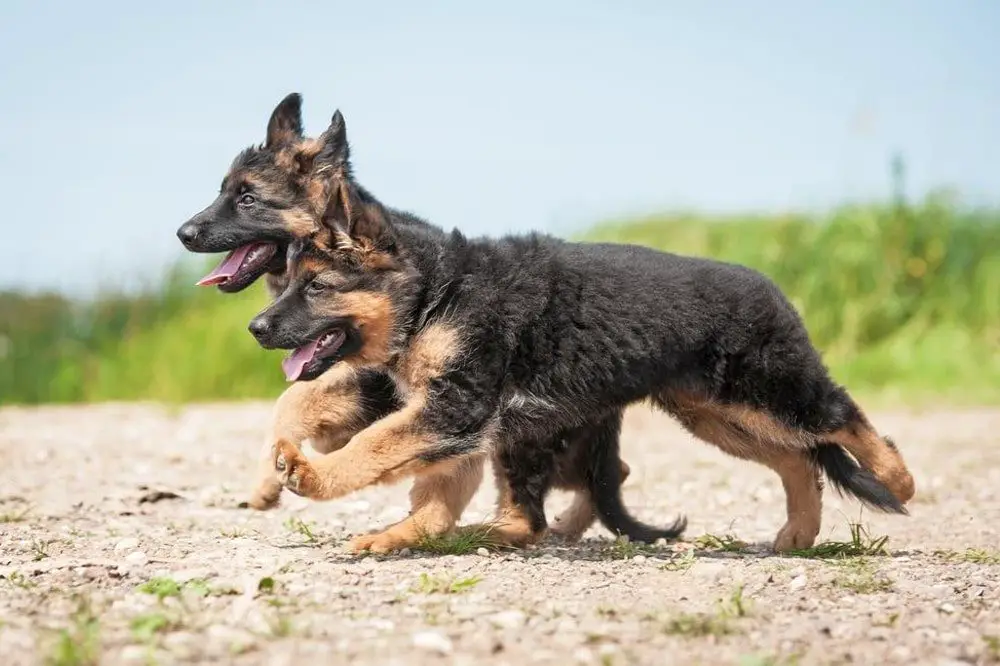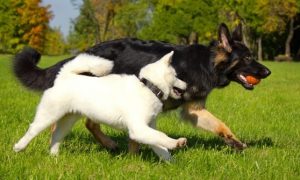So what is the difference between male dogs versus female dogs?
People often wonder this when thinking about getting a puppy.
They are unsure which they should consider getting, a male or female.
There are theories and opinions that females are more protective but easier to train and that males are more aggressive, territorial, and stubborn, but more affectionate.
These theories boil down to an individual’s personal preference or past experiences, the breed and the individual dog and their unique personality.
Genetics, a dog’s pedigree, training, and environment can also play a role in how stubborn, easy to train, or aggressive a dog may or may not be.
For every male versus female theory, you can find just as many dogs that prove the opposite.
The one characteristic that is generally true for each gender is size. Males are usually going to be larger than females.
With that said, there are always going to be exceptions to this rule. Some dogs end up larger or smaller, depending on their genes and pedigree, regardless of their gender.
If you are considering a medium-sized breed or larger, males can be stronger and more challenging to handle.
It is much easier to physically control a seventy-pound female than it is to hold the leash to a ninety-pound male. The larger the dog, the more critical obedience training becomes.
Do not forget to consider the most obvious gender differences. A female will come into heat if left intact.
If you do not plan on breeding your female, you will need to take preventative measures during her heat cycle to prevent an unwanted pregnancy or look into spaying as a permanent solution.
An intact male has higher testosterone levels, which increase his aggression and makes him more territorial.
Intact males tend to “mark” their territory more than neutered males. It can also become difficult to live with an intact male if there are females in heat nearby.
Choosing the gender of a new puppy comes down to personal preference.
If you are unsure which gender you would prefer, talk to your breeder about your family structure, environment, and what you are looking for in your new pet.
A good breeder will help match you with the best puppy suited for you.

